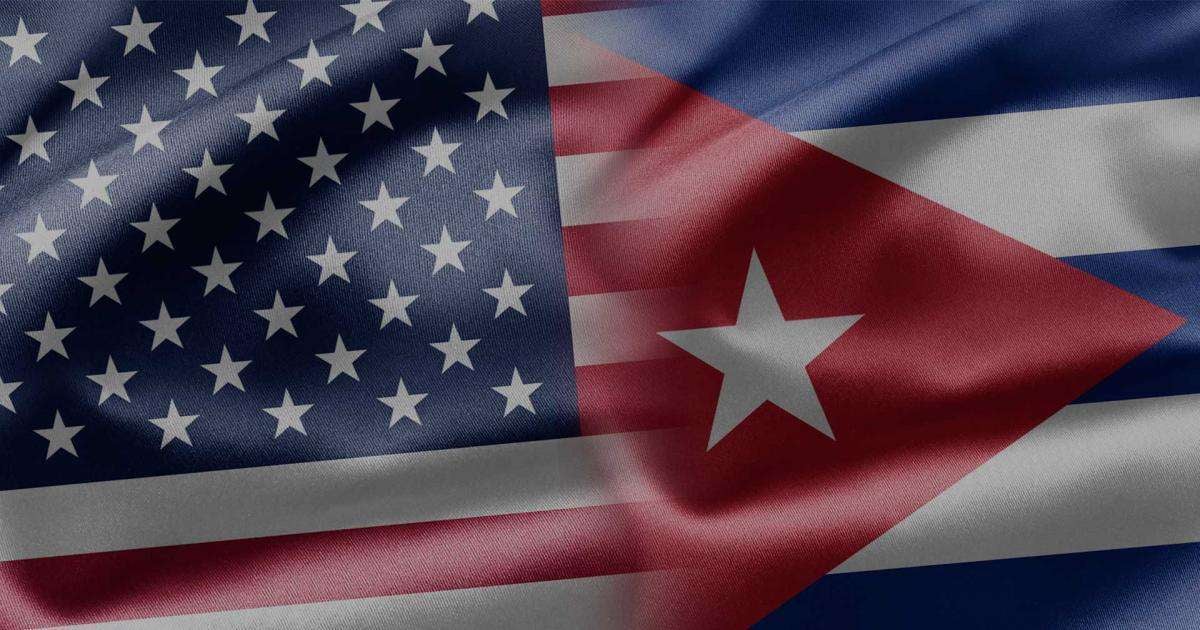
A U.S. delegation led by Eric Jacobstein, Deputy Assistant Secretary of State for Western Hemisphere Affairs, met this Wednesday, December 4, in Havana with Cuban government officials, headed by Deputy Foreign Minister Carlos Fernández de Cossío.
The goal of the meeting, the second scheduled for 2024, was to review the implementation of the Migration Agreements between both countries, in order to reaffirm the commitment of both parties to develop safe, legal, and orderly migration.
During the discussions, challenges and progress in migration procedures were analyzed. According to the U.S. Embassy in Havana, the American delegation addressed key topics related to collaboration in migration processes and highlighted the challenges in achieving the set goals.
He also raised important concerns with the Cuban government, such as facilitating family reunification, discouraging irregular migration, and improving respect for human rights and fundamental freedoms in Cuba.
In his statements at the close of the event, Fernández de Cossío emphasized the importance of maintaining a constructive dialogue to address migration challenges, while Brian A. Nichols, Assistant Secretary of State for Western Hemisphere Affairs, highlighted the results achieved within the framework of these bilateral agreements on his social media.
A little over a month since Donald Trump's return to the White House and his stances against (illegal) immigration, the meeting underscores the importance of bilateral cooperation to address these complex dynamics, while also acknowledging the ongoing differences between the two governments on issues of human rights and governance.
The latest data from the Customs and Border Protection (CBP) indicates that, in the first month of fiscal year 2025, over eight thousand Cubans entered the United States illegally.
The report presents graphs with general data and allows for specification by nationality. A total of 8,261 individuals from the island were detected by authorities at the border, in a context marked by migratory uncertainties and changes in immigration policies.
Frequently Asked Questions about Migration Conversations between the U.S. and Cuba
What was the purpose of the meeting between the U.S. and Cuba regarding migration?
The main objective of the meeting was to review the implementation of the Migration Agreements between both countries, in order to ensure safe, legal, and orderly migration. Both delegations discussed challenges and progress in the current migration procedures.
What key topics were addressed during the migration discussions?
During the discussions, the U.S. delegation raised issues such as facilitating family reunification and discouraging irregular migration. The importance of enhancing respect for human rights and fundamental freedoms in Cuba was also addressed.
How does U.S. immigration policy affect Cubans?
The U.S. immigration policy has led to a significant increase in the deportation of Cubans. So far in 2024, 1,255 Cubans have been returned to the island. This reflects a tightening of immigration measures and closer cooperation between the U.S. and Cuba to address the migration crisis.
What impact would the Trump administration have on immigration policies towards Cuba?
Con una posible administración de Trump, se espera un further tightening of immigration policiesTom Homan, appointed to oversee border security, has outlined plans for the "largest deportation operation" in U.S. history, which could escalate deportations and immigration restrictions.
Filed under: